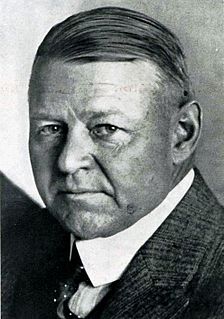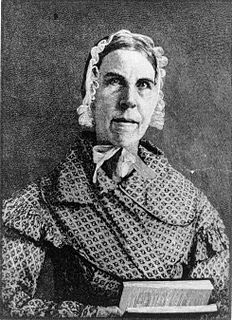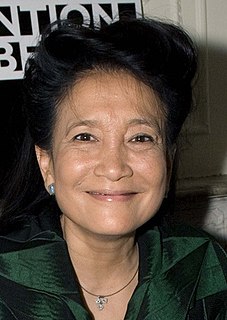A Quote by Henry Thomas Buckle
The clergy, with a few honorable exceptions, have in all modern countries been the avowed enemies of the diffusion of knowledge, the danger of which to their own profession they, by a certain instinct, seem always to have perceived.
Related Quotes
The problem is that, regardless of what our theologies tell us about the purpose of the clergy, the actual effect of the clergy profession is to make the body of Christ lame. This happens not because clergy intend it (they usually intend the opposite) but because the objective nature of the profession inevitably turns the laity into passive receivers.
We have heard of a Society for the Diffusion of Useful Knowledge. It is said that knowledge is power, and the like. Methinks there is equal need of a Society for the Diffusion of Useful Ignorance, what we will call Beautiful Knowledge, a knowledge useful in a higher sense: for what is most of our boasted so-called knowledge but a conceit that we know something, which robs us of the advantage of our actual ignorance? What we call knowledge is often our positive ignorance; ignorance our negative knowledge.
The last few decades have been marked by a special cultivation of the romance of the future. We seem to have made up our minds to misunderstand what has happened; and we turn, with a sort of relief, to stating what will happen-which is apparently much easier...The modern mind is forced towards the future by a certain sense of fatigue, not unmixed with terror, with which it regards the past.
Ability is all right but if it is not backed up by honesty and public confidence you will never be a successful person. The best a man can do is to arrive at the top in his chosen profession. I have always maintained that one profession is deserving of as much honor as another provided it is honorable.
In mysticism, knowledge cannot be separated from a certain way of life which becomes its living manifestation. To acquire mystical knowledge means to undergo a transformation; one could even say that the knowledge is the transformation. Scientific knowledge, on the other hand, can often stay abstract and theoretical. Thus most of today’s physicists do not seem to realize the philosophical, cultural and spiritual implications of their theories.
I regard it as a duty which I owed, not just to my people, but also to my profession, to the practice of law, and to the justice for all mankind, to cry out against this discrimination which is essentially unjust and opposed to the whole basis of the attitude towards justice which is part of the tradition of legal training in this country. I believed that in taking up a stand against this injustice I was upholding the dignity of what should be an honorable profession.
For many ages it has been allowed by sensible men, Nihil est in intellectu quod non fuit prius in sensu: That is, There is nothing in the understanding which was not first perceived by some of the senses. All the knowledge which we naturally have is originally derived from our senses. And therefore those who want any sense cannot have the least knowledge or idea of the objects of that sense; as they that never had sight have not the least knowledge or conception of light or colours.


































